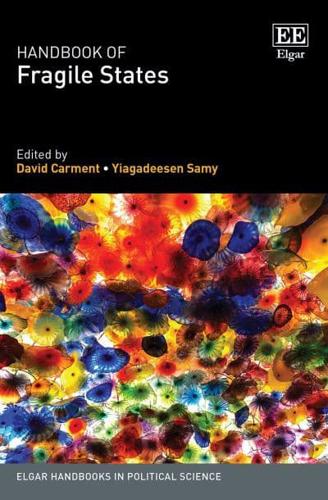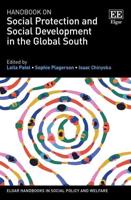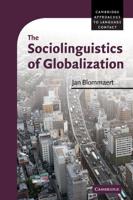Publisher's Synopsis
This timely Handbook examines the causes, costs and consequences of state fragility, advancing key debates in the field. Demonstrating the multidimensionality of fragility by applying diverse theories and methodologies, it provides new insights on effective policy development and application in the context of fragile states.
Drawing on a wide variety of disciplines, approaches and case studies, the Handbook pays particular attention to the root causes and drivers of fragility. It centres authority, legitimacy and the citizen-state relationship alongside state capacity, revealing the flaws in the reasoning behind previous Western policy interventions in fragile states. Chapters address a broad range of issues facing fragile states, from fragility traps, refugees and urbanisation to recent events including the Covid-19 pandemic, the Russia-Ukraine war and the increasing pressures of climate change. Ultimately, the Handbook advances the state of both academic and policy knowledge on state fragility, revealing the deep links between the two.
This Handbook will be a valuable resource for scholars and students of political science, international relations, development studies, economics, and sociology. It will also benefit practitioners seeking to improve the effectiveness of their policy proposals.












